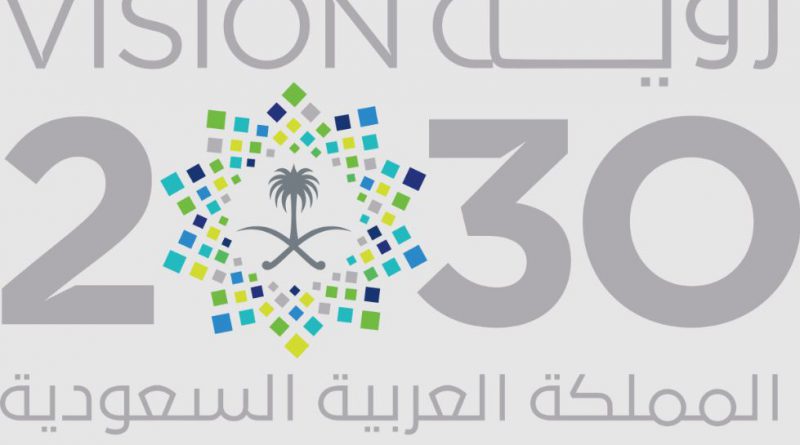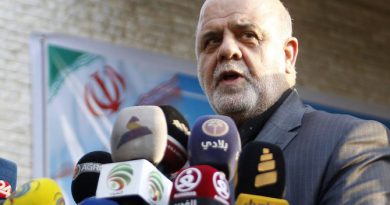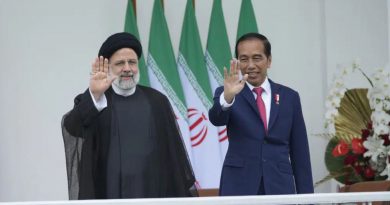According to the annual report, Saudi Arabia is on track to surpass the goals of Vision 2030
Riyadh – According to an annual report that tracks the plan’s development, Saudi Arabia’s Vision 2030 plan to diversify the Kingdom’s economy has surpassed many of its goals as it gains speed.
The study demonstrates that the Kingdom has outperformed a lot of the objectives specified in Vision 2030 throughout 2022 across numerous industries.
As Saudi Arabia attempts to wean its economy off oil production and exports, this solidifies their efforts at diversification.
Changing The Economy
The Saudi economy is expanding at a never-before-seen rate, despite the difficult economic circumstances and difficulties encountered globally.
The Kingdom’s economy grew at the quickest rate in the world in 2022, constantly outpacing projections from the International Monetary Fund.
The Kingdom experienced the highest national growth rate since 2011 and the highest growth rate among the G20 nations in the same year, with a real gross domestic product growth rate of 8.7% when compared to 2021.
Additionally, the value of GDP at current prices reached SR4.1 billion ($1.09 billion), representing an increase of 27.6% from a year ago.
In addition, Saudi Arabia exceeded its baseline objective of 37% in the oil and gas industry, achieving 59.5 percent local content instead of the baseline aim of 37 percent in 2022.
Promoting local content aims to promote the involvement of neighbourhood businesses and residents in the industry’s supply chain, which can result in economic expansion, the creation of jobs, and the transfer of technology.
In addition, the report states that the Kingdom achieved a 25 percent non-oil GDP share in 2022, exceeding its goals by 6.3 percentage points.
Loans to small and medium-sized businesses as a percentage of bank loans also achieved an 8 percent mark last year, exceeding the baseline goal of 2 percent.
Employment Circumstances
The country’s newly developed work prospects led to a considerable decline in Saudis’ unemployment rate, which fell from 11% in 2021 to 8% in the fourth quarter of 2022.
This demonstrates the high rate of locals participating in the labour force, the market’s appeal, and its ability to both hire and absorb national cadres.
The survey also showed that, as opposed to the projected 13.3 percent, 32 percent of university graduates entered the workforce within six months of graduating.
In comparison to the anticipated 7.7 percent, the market’s proportion of employees with special needs was 12.4 percent.
The percentage of women in the labour force has increased by two-fold since 2016 to 34.5 percent in 2022, above the goal of 22.8 percent.
By the end of 2022, Saudi women will hold 41.1 percent of administrative jobs because to reforms the government had implemented to give them more influence.
In terms of bridging the gender gap, the Kingdom was one of the top three developing nations in the world. The World Bank also recognised it as the greatest reformer in the area of women’s empowerment.
Overview Of Tourism
In comparison to the global average before COVID-19, the tourism industry in the Kingdom grew by 121 percent in 2022, making it the fastest-growing destination in the G20.
In 2022, 94 million people visited Saudi Arabia, of whom 16.5 million came from outside the country and 77.6 million were citizens.
In the tourism industry, up to 909,000 direct employment were created, exceeding the goal of 617,000 for 2022 by 139 percent.
Aims For Sustainability
The Kingdom is one of the top producers of oil, therefore Vision 2030 aims to lessen the effects of climate change while promoting the so-called green age.
Saudi Vision 2030 ensures that sustainability and environmental preservation have a strong foundation in its development plans and major projects with the introduction of the Saudi Green Initiative and the Middle East Green Initiative.
The Middle East Green Initiative has served as a road map for attaining a more sustainable and environmentally friendly future for the Kingdom, the region, and the entire world.
According to this plan, Saudi Arabia announced that 50 billion trees were planted in 2022, and that during the same time, the amount of land covered by trees increased throughout the Kingdom by a factor of 12.
Additionally, the Kingdom was able to reclaim 200 million hectares of degraded land, which is anticipated to help reduce emissions by 2.5% globally.
The Kingdom’s larger goal of achieving net zero carbon emissions by 2060 is aided by all of this.
King Salman stated as follows in the report: “Our history records the greatest and most successful collection of directed purposes to building a modern state whose foundation is the citizen, its pillar is development, and its goal is prosperity.”
The Kingdom has a bright and hopeful future, said Crown Prince Mohammed bin Salman. More than what has been accomplished is what our nation deserves.
“We are capable; we will increase their role in creating this future and double it.”



